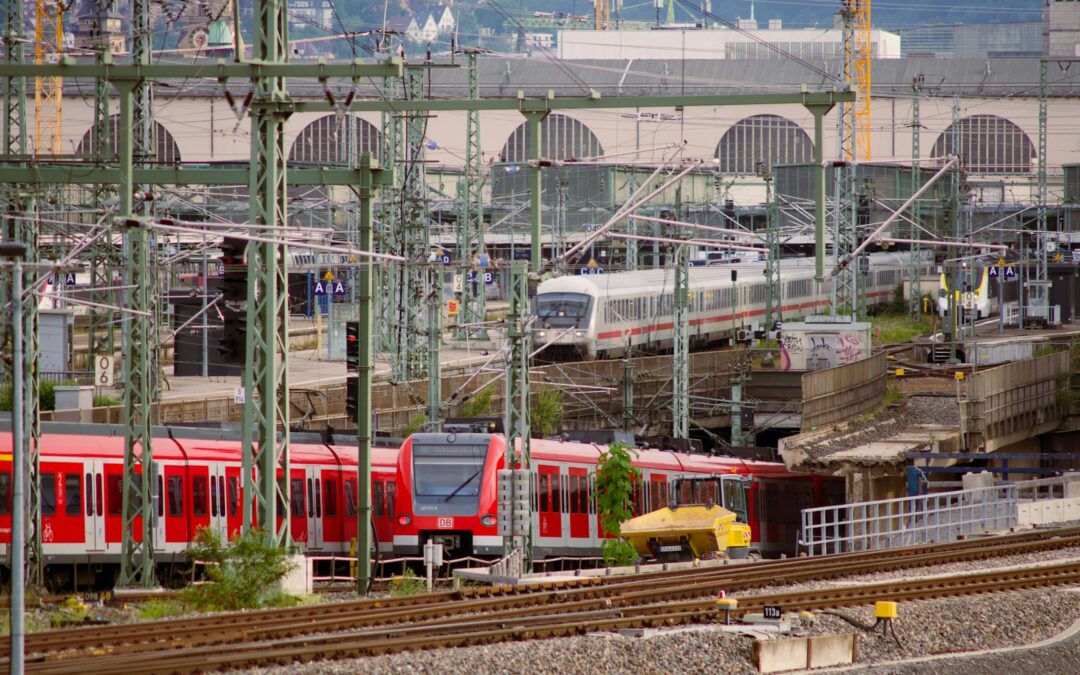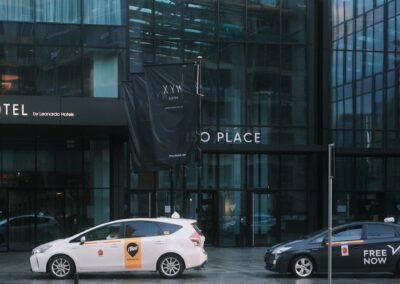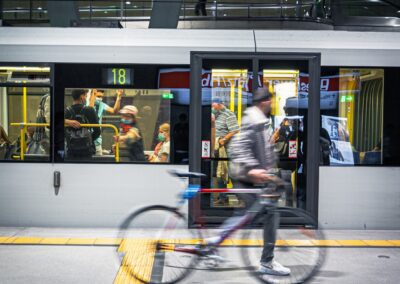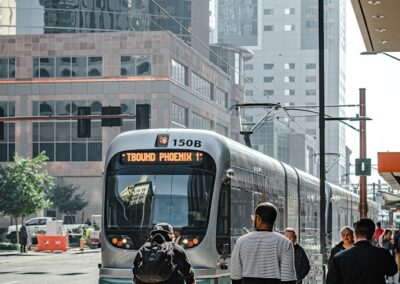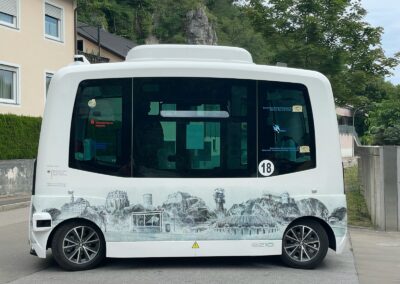Leveraging Technological Advancements in Mobility
Embracing Artificial Intelligence in Transportation
Future trends in mobility and transportation are set to revolutionize the sector, offering vast opportunities for entrepreneurs to drive innovation and growth. One of the most transformative trends is the integration of Artificial Intelligence (AI) into transportation systems. AI can optimize traffic management, enhance vehicle safety, and improve the efficiency of public transit. In regions like Saudi Arabia and the UAE, where urbanization is rapidly advancing, AI-driven transportation solutions are crucial for managing the increasing demand for efficient mobility.
AI algorithms can analyze traffic patterns in real-time, providing predictive insights that help reduce congestion and improve travel times. For instance, smart traffic signals powered by AI can adapt to traffic conditions, minimizing delays and enhancing the flow of vehicles. In bustling cities like Riyadh and Dubai, this can significantly enhance urban mobility and reduce the environmental impact of traffic congestion. Entrepreneurs can develop AI-based applications that offer real-time traffic updates, route optimization, and predictive maintenance for transportation infrastructure, driving both innovation and business growth.
Moreover, AI can enhance the safety of transportation systems by enabling advanced driver-assistance systems (ADAS) and autonomous vehicles. These technologies can reduce human error, which is a leading cause of traffic accidents. For example, AI-powered systems can monitor driver behavior, detect potential hazards, and take corrective actions to prevent accidents. In markets like the UAE and Saudi Arabia, where safety is a top priority, AI-driven safety solutions can provide a competitive edge for businesses in the mobility sector.
Exploring the Potential of Blockchain in Mobility
Another significant trend in mobility and transportation is the adoption of Blockchain technology. Blockchain offers a secure, transparent, and decentralized way to manage and verify transactions, making it an ideal solution for various mobility applications. In regions like Saudi Arabia and the UAE, where digital transformation is a key focus, Blockchain can play a pivotal role in enhancing the efficiency and transparency of transportation systems.
Blockchain can streamline the process of vehicle registration, ownership transfer, and maintenance records, ensuring that all transactions are secure and tamper-proof. For instance, a Blockchain-based system can provide a transparent and immutable record of a vehicle’s history, from manufacturing to its current owner, enhancing trust and reducing fraud. Entrepreneurs can leverage Blockchain to develop innovative solutions that simplify administrative processes and improve the overall user experience in the mobility sector.
Furthermore, Blockchain can facilitate the development of decentralized ride-sharing platforms, where transactions are directly managed by users without the need for intermediaries. This can reduce costs and increase the efficiency of ride-sharing services. In cities like Dubai and Riyadh, where ride-sharing is becoming increasingly popular, Blockchain-based platforms can offer a secure and cost-effective alternative to traditional services. By harnessing the potential of Blockchain, entrepreneurs can create new business models that drive innovation and growth in the transportation industry.
The Role of the Metaverse in Shaping Future Mobility
The Metaverse, a virtual reality space where users can interact with digital environments and each other, is another trend that is set to impact mobility and transportation. The Metaverse combines elements of virtual reality (VR), augmented reality (AR), and Blockchain to create immersive and interactive experiences. In forward-thinking regions like Saudi Arabia and the UAE, the Metaverse is gaining traction as a powerful tool for enhancing transportation planning and user experience.
In the Metaverse, transportation planners can simulate and visualize urban mobility scenarios, testing the impact of new infrastructure projects and policies in a virtual environment before implementation. This can help identify potential issues and optimize solutions, leading to more effective and efficient transportation systems. For example, a virtual simulation of a new public transit route in Riyadh or Dubai can provide insights into passenger flow, station design, and service frequency, ensuring that the project meets the needs of the community.
Additionally, the Metaverse can enhance the user experience by providing virtual tours of transportation options, allowing users to explore different modes of travel and make informed decisions. Entrepreneurs can develop Metaverse-based applications that offer interactive maps, virtual reality travel guides, and augmented reality navigation, providing a unique and engaging experience for users. By embracing the Metaverse, businesses can drive innovation, improve customer satisfaction, and achieve growth in the evolving mobility landscape.
#MobilityTrends #TransportationInnovation #BusinessGrowth #SaudiArabia #UAE #Riyadh #Dubai #AI #Blockchain #Metaverse

